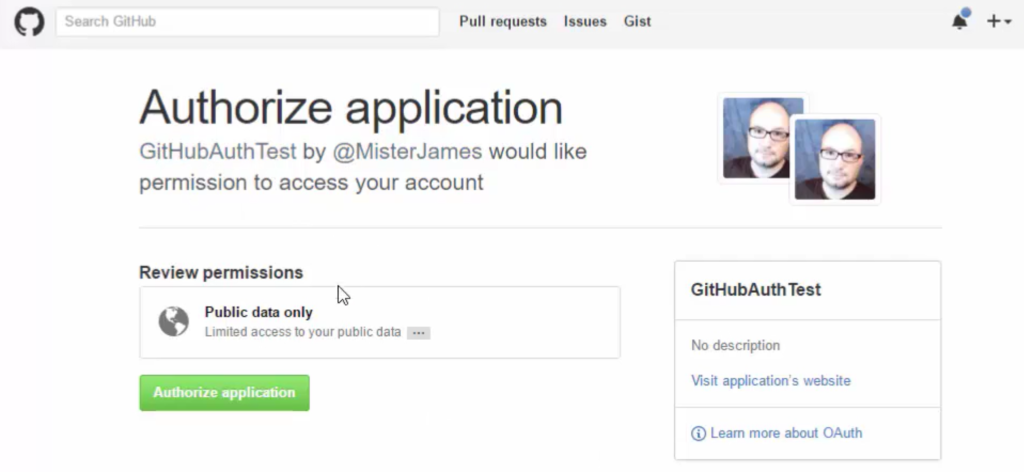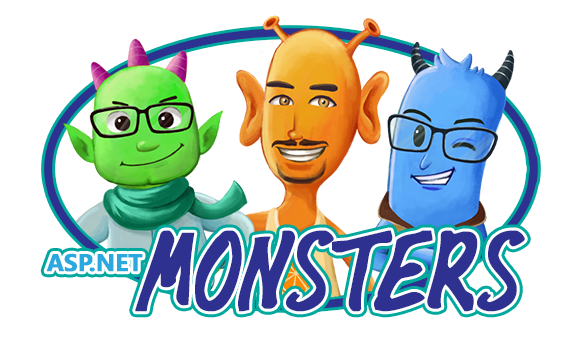In episode 30 we attempt to get dotnet running on OSX by following the directions on the website. Things don't go quite as well as hoped and Simon ends up trying to read the C++ source code for dotnet to figure out why things aren't working.
Turns out that dotnet is not supported on OS X 10.9 https://github.com/aspnet/PlatformAbstractions/issues/23 We'll update and try this again later.
Links
http://dotnet.github.io/getting-started/#/macosx
Horrible looking C++ which is probably the problem
Thanks to Andy or @Inumedia who gave out sage advice on the dotnet/cli Gitter channel.



